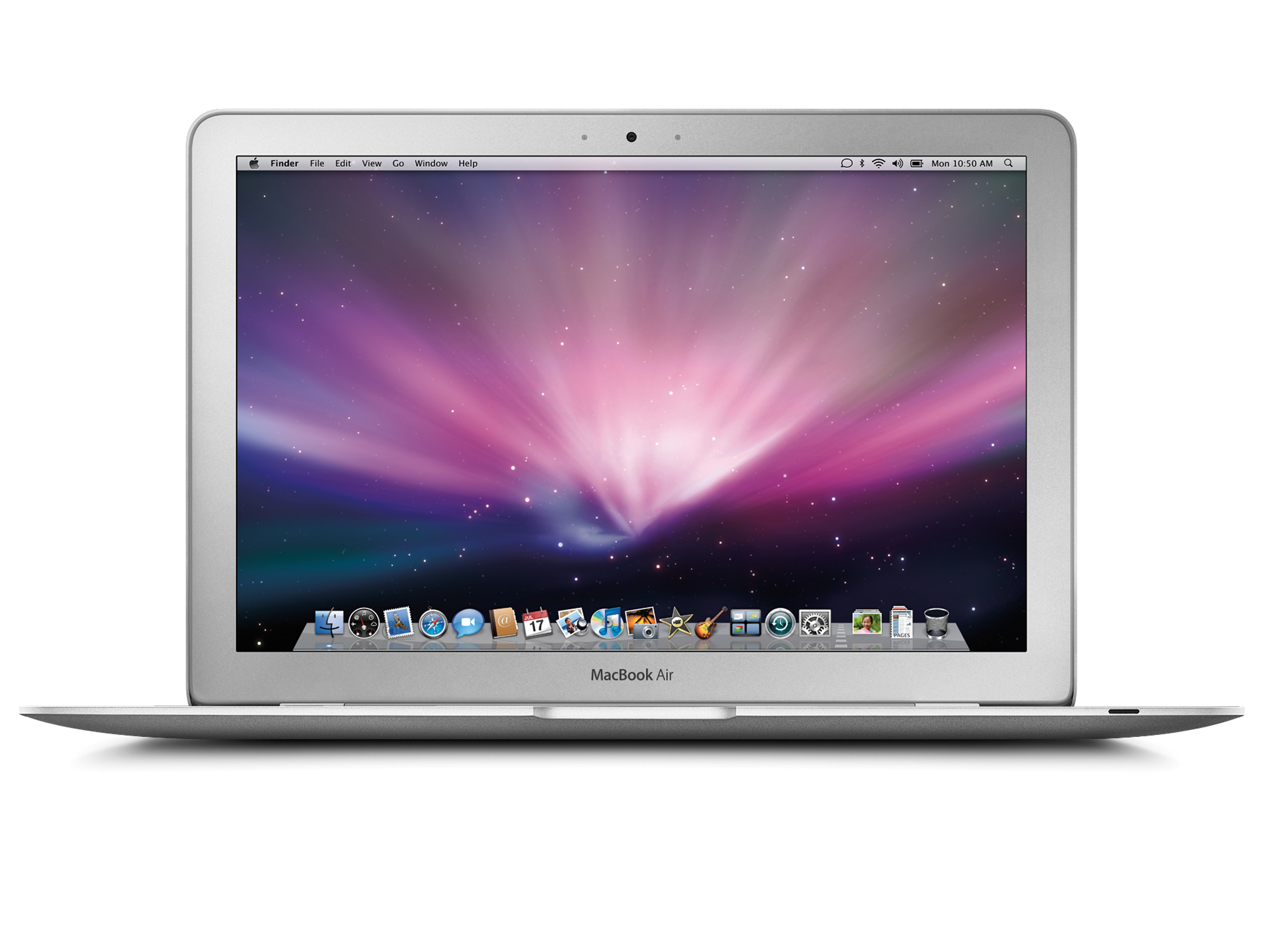PCs set to employ tiny Macbook Air chipset
Why Intel, rather than Apple, is going to drive the sub-notebook market

PC Advisor reports that two PC makers are planning to use the miniaturised Core 2 Duo chip that Intel custom-made for Apple’s MacBook Air sub-notebook.
Although there’s no indication of exactly who the two manufacturers might be, or indeed when the products might come to market, the news confirms that the nature of the relationship between Apple and Intel isn’t quite as cosy or exclusive as Apple CEO Steve Jobs has insinuated.
During his keynote at last month’s MacWorld conference, Jobs indicated that Intel originally made the 65nm chip at the request of Apple, and waxed lyrical about the nature of the partnership. However, as TechRadar has previously reported, Apple doesn’t actually own any exclusive rights over the new breed of miniaturised chips.
Small Form Factor Centrino
In fact, the 65nm chips at the heart of the MacBook Air are part of Intel’s roadmap, as the chip-maker shifts its focus away from outright speed and performance to look more closely at reducing size and power consumption. Intel calls this the Small Form Factor (SFF), and the 65nm chips are but the first wave in a new breed of smaller, less power-hungry chips to come.
That’s not to talk down the 65nm chips at all. They’re still 60 per cent smaller than standard Core 2 Duo chips and over 40 per cent more efficient. That said, Intel is expected to announce a 45nm chip, codenamed Montevina, later in the year and this will go even further down the SFF route than the current 65nm chip.
It looks like the MacBook Air is set to be the first of many, as the trend for smaller, more portable and less power-hungry sub-notebooks is driven not just by Apple and its rivals, but by Intel itself.
Are you a pro? Subscribe to our newsletter
Sign up to the TechRadar Pro newsletter to get all the top news, opinion, features and guidance your business needs to succeed!